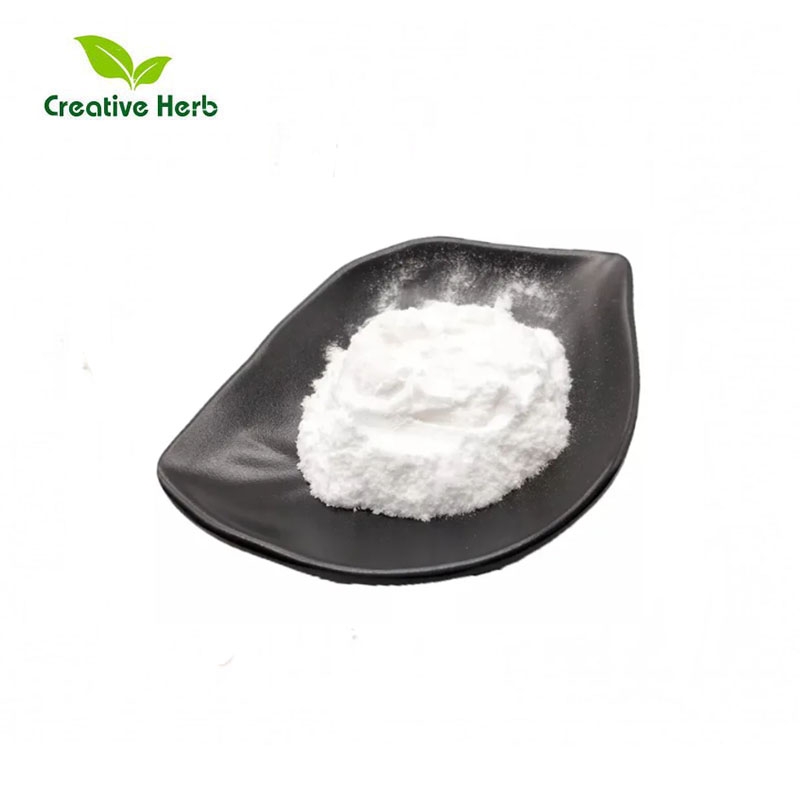JAMA dermat: vitamin A can prevent common skin cancer
-
Last Update: 2019-08-06
-
Source: Internet
-
Author: User
Search more information of high quality chemicals, good prices and reliable suppliers, visit
www.echemi.com
August 6, 2019 / BIOON / - want to know what else you can do besides apply sunscreen to prevent skin cancer? Taking more vitamin A may help, according to a new study The study of about 125, 000 Americans found that people with the highest vitamin A intake had a 15 percent reduced risk of squamous cell skin cancer Most of the vitamin A they take comes from food "These findings just give us another reason to eat a healthy diet of fruits and vegetables Vitamin A from plants is safe "Eunyoung CHO, co-author of the study and associate professor of Dermatology and epidemiology at Brown University, said Photo source: http://cn.bing.com according to the National Institutes of Health (NIH), the healthy food sources of vitamin A include sweet potato, Hami melon, carrot, black eyed bean, sweet pepper, broccoli, spinach, dairy products, fish and meat, especially liver Vitamin A is a fat soluble vitamin This means it can be enriched in fat cells However, according to the National Institutes of Health (NIH), large amounts may reach an unsafe level According to the National Institutes of health, adults should not consume more than 10000 international units of vitamin A per day Too much vitamin A, usually from supplements and some animal food, increases the risk of osteoporosis and hip fractures, CHO said Squamous cell carcinoma is a common skin cancer In their lifetime, up to 11 percent of Americans develop squamous cell skin cancer, the researchers say It often happens in places where the sun shines more, such as the face and head Data from the study came from more than 75000 women who participated in the nurse health study and nearly 50000 men who participated in the follow-up study of health professionals The average age of the participants was 50 Study volunteers provided information about their average diet and use of supplements People with higher vitamin A levels tend to be older They also exercise more and are less likely to consume alcohol or caffeine Women with higher vitamin A levels are more likely to use postmenopausal hormones The results showed that nearly 4000 people eventually developed squamous cell skin cancer during a follow-up period of more than 25 years In both studies, the group with the lowest average daily intake of vitamin A was about 7000 I.U per day In both studies, the highest group had more than 21000 I.U S a day Researchers say most of it comes from diet Increasing the use of vitamin A supplements does not appear to reduce the risk of squamous cell skin cancer, the researchers noted Vitamin A appears to be more protective for people with many moles, as well as for people who are sunburned in childhood or adolescence But Cho said the study wasn't intended to prove a causal relationship Vitamin A keeps skin cells healthy, which may be why it is associated with a lower risk of squamous cell carcinoma But, she added, even if you have a healthy vitamin a rich diet, you still need sunscreen when you're outdoors Dr Desiree Ratner, a spokesman for the skin cancer foundation, agrees that sun protection measures are essential to keep the skin in good condition Although the study looks promising, it should not change any current sunscreen behavior or recommendations The team involved in the study did show a slight decrease in the incidence rate of squamous cell carcinoma, and only after taking excessive vitamin A per study participant In addition, vitamin A does not completely prevent squamous cell skin cancer The study also did not study the effects of vitamin A on other skin cancers, such as basal cell carcinoma and melanoma "The best way to prevent skin cancer is to develop a complete sunscreen strategy that includes finding shade, putting on protective clothing and applying sunscreen every day," Ratner suggests "The study was recently published in the journal JAMA anatomy Reference: jongwoo Kim et al, association of vitamin A intake with cutaneous square cell carcinoma risk in the United States, JAMA anatomy (2019) Doi: 10.1001/jamadermatol.2019.1937
This article is an English version of an article which is originally in the Chinese language on echemi.com and is provided for information purposes only.
This website makes no representation or warranty of any kind, either expressed or implied, as to the accuracy, completeness ownership or reliability of
the article or any translations thereof. If you have any concerns or complaints relating to the article, please send an email, providing a detailed
description of the concern or complaint, to
service@echemi.com. A staff member will contact you within 5 working days. Once verified, infringing content
will be removed immediately.







